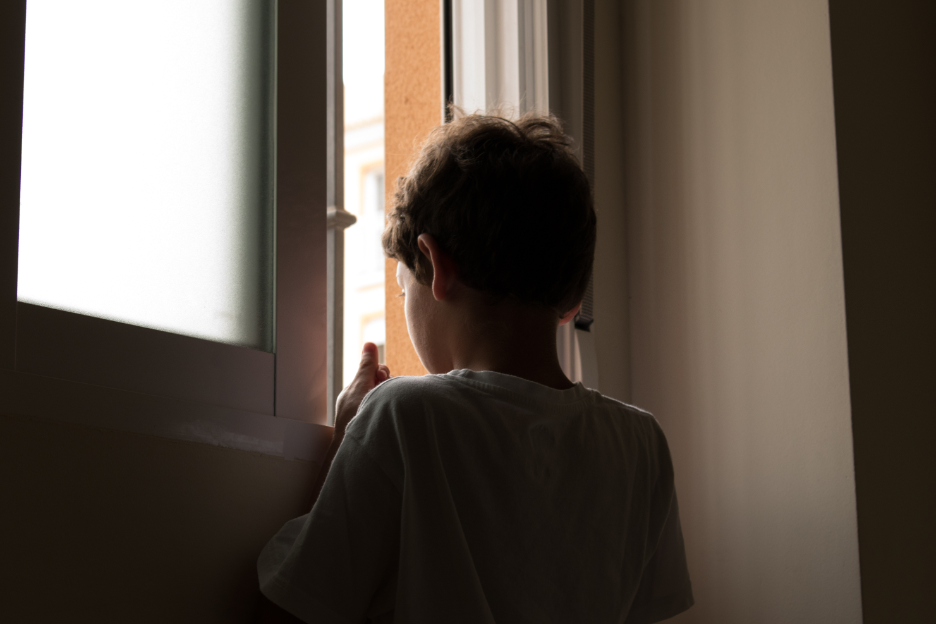Most parents can tell when their child has had a tough day, but sometimes, what looks like a bad day can drag on. You might notice your child pulling back from things they usually enjoy, or they’re looking distant without a clear reason.
That is when you’ll need to pay closer attention. Because what your child is experiencing could be more than regular stress. It could be emotional burnout.
Below, our pediatric care providers in East Chicago, Indiana are going to explain what emotional burnout looks like in children and teens, and what you can do if it shows up in your family.
Burnout is not just for adults anymore.
Many people think that burnout is something only adults go through. Long work hours, responsibilities, that kind of thing. Lately, however, we are seeing more children and teens showing signs of the same kind of exhaustion.
School is one part of it. Tests, homework, and packed schedules wear children down. Then, there is the social pressure of fitting in. Many also juggle sports or other activities. And, of course, children have family expectations too.
Even if they don’t say that they are stressed, it can show in their behavior. The Mayo Clinic Health System points to signs like sudden mood swings, trouble sleeping, pulling away from others, lower grades, or more headaches and stomach aches.
If stress changes how your child acts every day, it may be time to talk to a qualified pediatric care provider in East Chicago, Indiana. They can help you understand if it is only a phase or something more serious like burnout.
Burnout does not always look like sadness.
When people think of a child or a teen struggling, they usually expect tears or sadness. But burnout does not always look that way. Some children stop caring and act like nothing matters, while others might feel physically tired all the time.
For teens especially, burnout can sometimes cause more serious problems. If it is ignored, it can turn into anxiety, obsessive thinking, or eating disorders. That is why it is important to catch small changes early.
A trained mental health professional can look beyond the surface and see what is really going on. They also understand how to talk to children and teens without making them feel judged or uncomfortable.
Your child may not know how to explain it.
Sometimes, children just don’t have the words to talk about what they feel. So instead of saying, “I’m feeling burned out,” they might just act grumpy, complain of headaches, or want to be alone.
It is not that they are trying to hide something. They may not even understand what is happening themselves. Therefore, you must be patient. Give them space, but don’t disappear. Qualified pediatricians understand this too, which is why they create a space where children and teens can take their time and express themselves without pressure.
Small changes at home can help.
You don’t need to change everything all at once. Simple things like more rest, quiet time, or fewer activities can really help.
Burnout grows when there is no space to pause. It’s important to carve out a little time for your child to rest, even if it is only a few minutes a day. It helps children feel like they can breathe.
If you are not sure how to make these small changes, a qualified pediatric care provider in East Chicago, Indiana can walk you through it.
You know your child best.
As a parent, sometimes you just know. If something does not feel right, pay attention. You might not be able to explain it, but your instinct can be very useful.
Burnout does not mean that something is wrong with your child. It just means that they have been carrying too much weight. We all hit that point sometimes. What matters is how you respond.
Looking for an Affordable Pediatric Care Provider in East Chicago, Indiana?
Are you looking for a qualified pediatric care provider in East Chicago, Indiana who can help your child feel seen, supported, and understood? If so, our pediatricians at 219 Health Network are the people to see. Contact us today at 833-219-0001 to learn how we can help.

